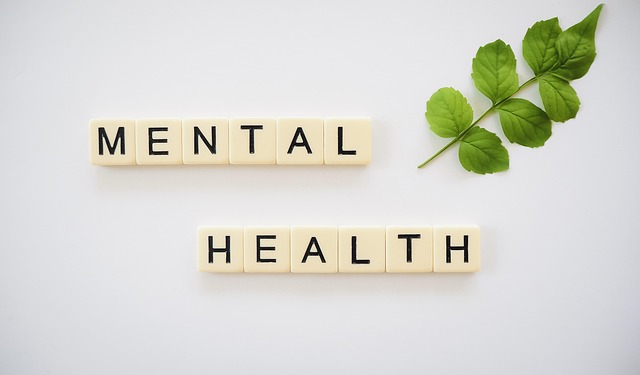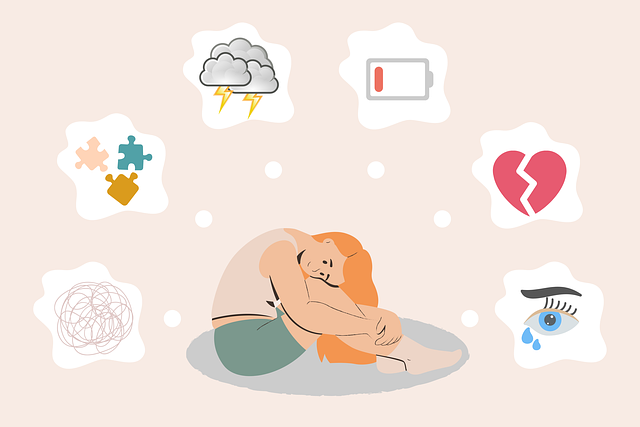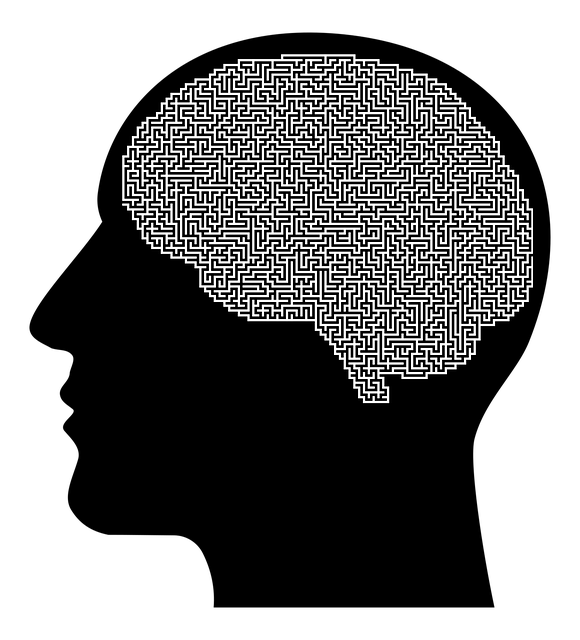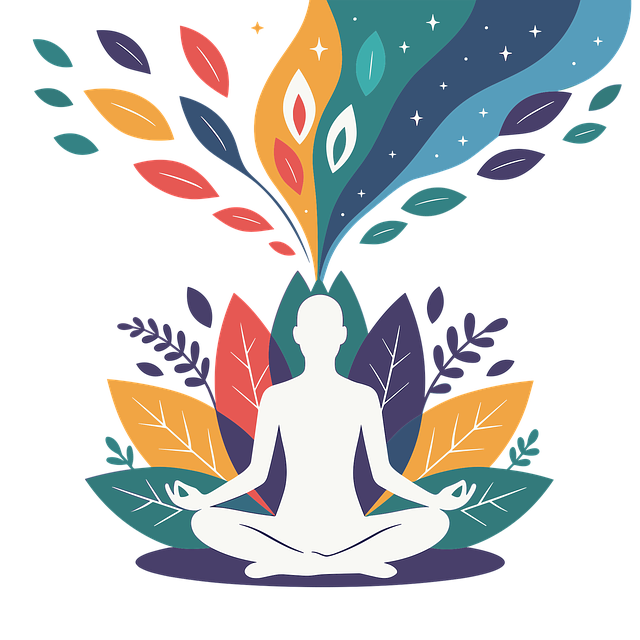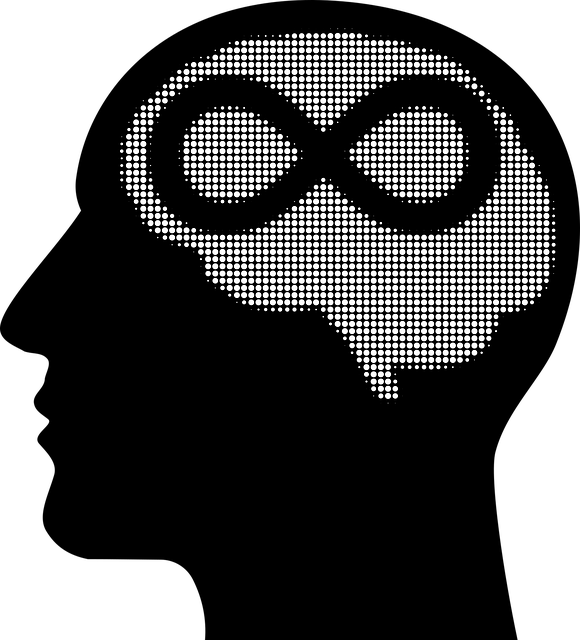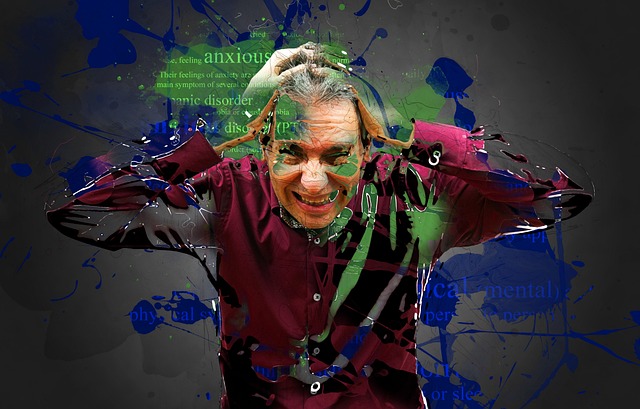In a fast-paced world, mental wellness in blended families is addressed by apps like Littleton Blended Families Therapy, offering accessible digital platforms tailored to unique challenges. These apps provide personalized therapy, stress management tools, and communities for support, enhancing well-being within modern family structures. Key features include mood tracking, mindfulness exercises, and cognitive-behavioral techniques, empowering users to proactively manage their emotional health. A sensitive design for the app should facilitate open communication, shared routines, and personal growth through interactive exercises and educational content.
Mental wellness apps are gaining prominence as digital tools to support individuals’ psychological well-being. With the rise of remote therapy and increased awareness about mental health, these applications offer accessible solutions tailored to diverse user needs. This article explores the development process behind creating effective mental wellness apps, with a specific focus on the unique considerations for treating blended families through therapies like Littleton Blended Families Therapy. By examining key features and design strategies, we uncover best practices for fostering positive mental health outcomes in the digital age.
- Understanding the Need for Mental Wellness Apps
- Key Features and Functionality in App Development
- Designing for Littleton Blended Families Therapy
Understanding the Need for Mental Wellness Apps

In today’s fast-paced world, mental wellness is a growing concern for many, especially within diverse families. Traditional therapy methods may not always cater to the unique needs of blended families, where individuals often grapple with complex emotional and relational dynamics. This is where mental wellness apps step in as innovative solutions. For instance, Littleton Blended Families Therapy offers digital platforms tailored to address these specific challenges, providing accessible and personalized support.
By utilizing technology, these apps can reach a broader audience, including those who may face barriers like limited access to therapy or geographical restrictions. They offer a range of tools for managing stress, anxiety, and trauma, from guided meditations and mindfulness exercises to cognitive-behavioral techniques. Moreover, they can facilitate connections between users, fostering communities that support one another in their mental health journeys, ultimately enhancing well-being and promoting resilience, especially within the context of modern family structures.
Key Features and Functionality in App Development

In the realm of mental wellness app development, key features cater to a diverse range of user needs, particularly within the context of Littleton Blended Families Therapy. These apps often include personalized therapy sessions that adapt to individual progress, ensuring tailored support for various mental health challenges. Advanced functionalities such as mood tracking and journal entries enable users to monitor their emotional states and identify triggers, facilitating proactive self-care.
Inner Strength Development is a central focus, with integrated mindfulness exercises, meditation practices, and cognitive behavioral techniques promoting mind over matter principles. These tools empower users to cultivate resilience and cope effectively with stress, anxiety, and depression. By seamlessly blending digital technology with evidence-based therapies, these apps offer accessible and discreet support for those seeking mental wellness solutions, including blended families navigating complex dynamics.
Designing for Littleton Blended Families Therapy

Designing an app for Littleton Blended Families Therapy requires a nuanced approach that caters to the unique needs and dynamics of these families. With many households embracing blended family structures, digital solutions that support open communication, shared routines, and individual growth are increasingly valuable. The app should serve as a space where parents, step-parents, and children can build resilience together, fostering an environment of understanding and love.
By incorporating features focused on confidence boosting and resilience building, the app can become a powerful tool in navigating family transitions. This could include interactive exercises for conflict resolution, shared goal-setting activities, and resources tailored to address specific challenges faced by blended families. Leveraging public awareness campaigns development within the app can further enhance its impact, offering educational content on topics like step-parenting, co-parenting strategies, and building strong family bonds.
The development of mental wellness apps, particularly those tailored for diverse families like Littleton blended families, offers a promising avenue to enhance access and quality of care. By incorporating key features such as personalized therapy sessions, accessible resources, and supportive communities, these applications can provide much-needed support. As the demand for digital mental health solutions continues to grow, app developers have an opportunity to create innovative tools that cater to the unique needs of blended families, fostering resilience and improving overall well-being.
